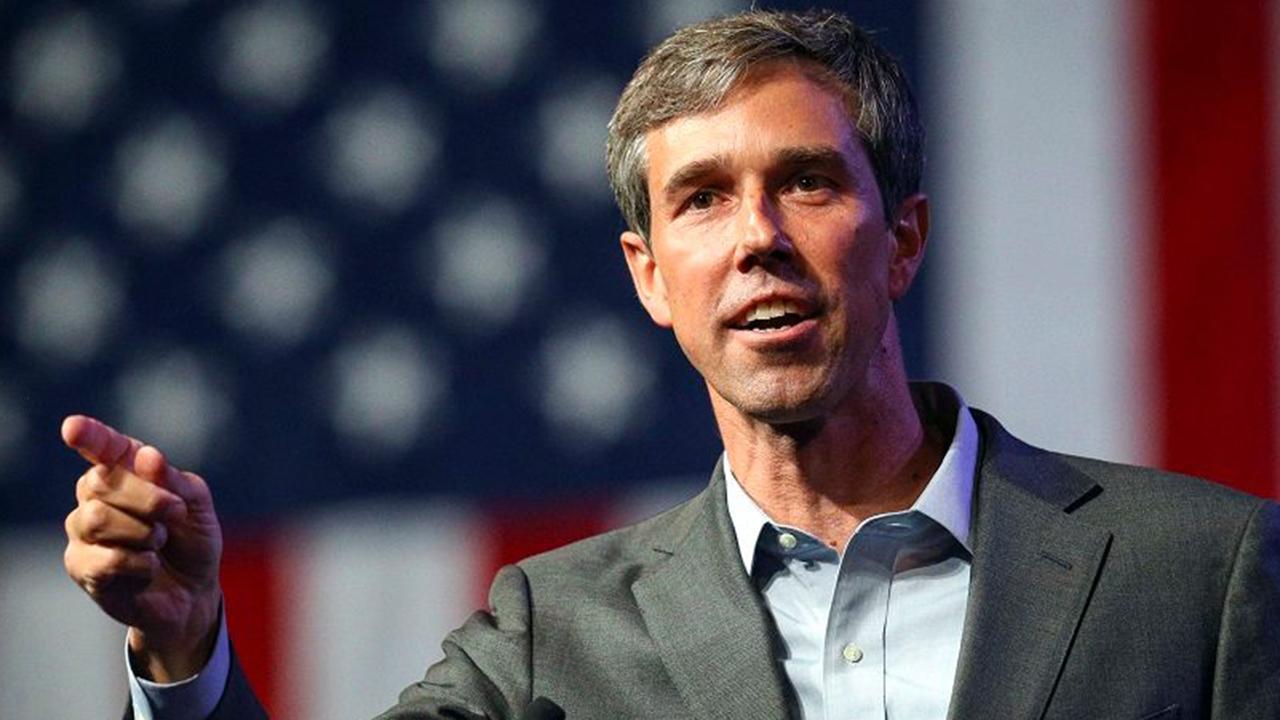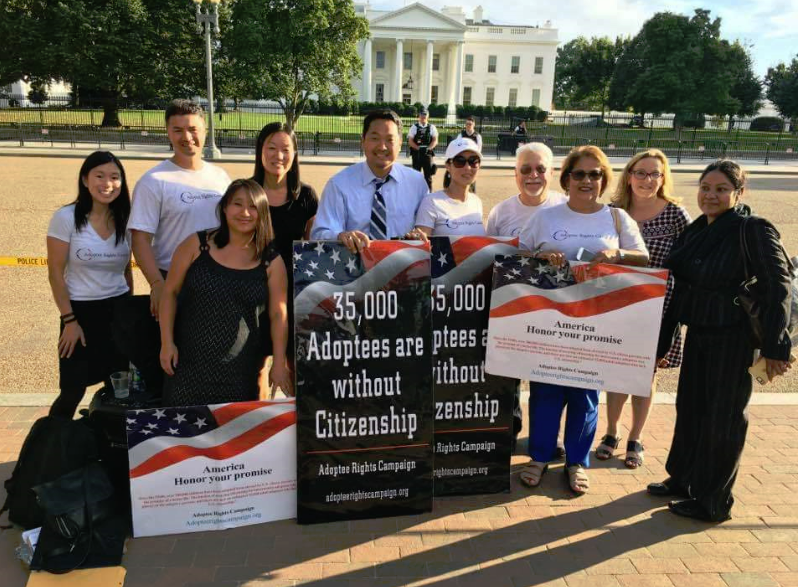Back in 2016, Melania Trump gave a speech at a country club near my house. Despite going against the Trump platform, many of my friends and family decided to see her speech. At first I could not understand why they would consider attending the speech despite going against the Trump campaign. With the internet being a swipe away, I felt it would be easier to gain information on the candidate online. But lately, I have realized the pitfalls of the internet. Often times, when we traverse the internet, we lose sight of our personal connection. Reading articles and op eds on candidates, we rightfully focus on the policies. But part of choosing a candidate to support is gaining a personal connection. Though it is difficult to gain one-on-one time with the candidate, it is easier to see the candidates perspective. When candidates speech to large crowds, their main intent is not to list the various reforms they wish to make. Their intent is to reach out to the crowd and create a connection. From Donald Trump to Barack Obama, these presidents – however different – rose to success because of their ability to connect with a crowd. As college students I feel like we often feel distant from candidates. Realizing the age gap it is difficult to align our beliefs with that of a candidate. For this reason, when candidate Beto O’Rourke came to Penn State, I was surprised. I was intrigued to see how Beto would address a group of impressionable college students and persuade us to look through his lense. Also as a citizen and voter of America, I think it is important to look at all candidates equally and understand their platform.
Before Beto arrived I decided to do some research on him. As a pro-choice candidate, I found that my beliefs on abortion matched with his. I also believe that it would be beneficial to tax the wealthy more because since the same tax on those with lower socioeconomic statuses would be cripilling. This was again mirrored by Beto. But while I share many of the same beliefs with Beto, one of the aspects that I found most intriguing was his accessibility. Throughout the day leading up to his speech, there were  constant posts on twitter under his user. Not only did this appeal to my social media generation, but it gave a sense of familiarity. Immediately following Beto’s entry into the building I could feel an influential presence being exuded. With many students scurrying behind him to gain a picture I was conflicted between seeing his speech and going to class. Deciding to stay I went back into the auditorium and listened to his address. One of the most notable aspects of Beto is his ability to captivate an audience. He was able to address major policy beliefs while giving an inspirational presence. I found that his deliberate word choice and varied intonation levels allowed his words to resonate throughout the audience. All in all, this experience allowed me to understand the importance of public speech and its importance in political campaigns.
constant posts on twitter under his user. Not only did this appeal to my social media generation, but it gave a sense of familiarity. Immediately following Beto’s entry into the building I could feel an influential presence being exuded. With many students scurrying behind him to gain a picture I was conflicted between seeing his speech and going to class. Deciding to stay I went back into the auditorium and listened to his address. One of the most notable aspects of Beto is his ability to captivate an audience. He was able to address major policy beliefs while giving an inspirational presence. I found that his deliberate word choice and varied intonation levels allowed his words to resonate throughout the audience. All in all, this experience allowed me to understand the importance of public speech and its importance in political campaigns.
 to US citizenship. This is contrasted with the citizenship status of children who are born in the United States. As a citizen by birth, I found this topic to be intriguing. Despite having parents that are citizens, many of these adoptees live without citizenship. Because this fact is not as well known, the speaker gave cases in which adoptees had to be deported. Coming from parents who are immigrants, I realized how palpable the fear of being deported is. Many individuals come to the United States to create a new life and image. Similarly, these adoptees look to create a future for themselves within this comparatively wealthy nation. In fact, many come here so young that they know no other home.
to US citizenship. This is contrasted with the citizenship status of children who are born in the United States. As a citizen by birth, I found this topic to be intriguing. Despite having parents that are citizens, many of these adoptees live without citizenship. Because this fact is not as well known, the speaker gave cases in which adoptees had to be deported. Coming from parents who are immigrants, I realized how palpable the fear of being deported is. Many individuals come to the United States to create a new life and image. Similarly, these adoptees look to create a future for themselves within this comparatively wealthy nation. In fact, many come here so young that they know no other home.


